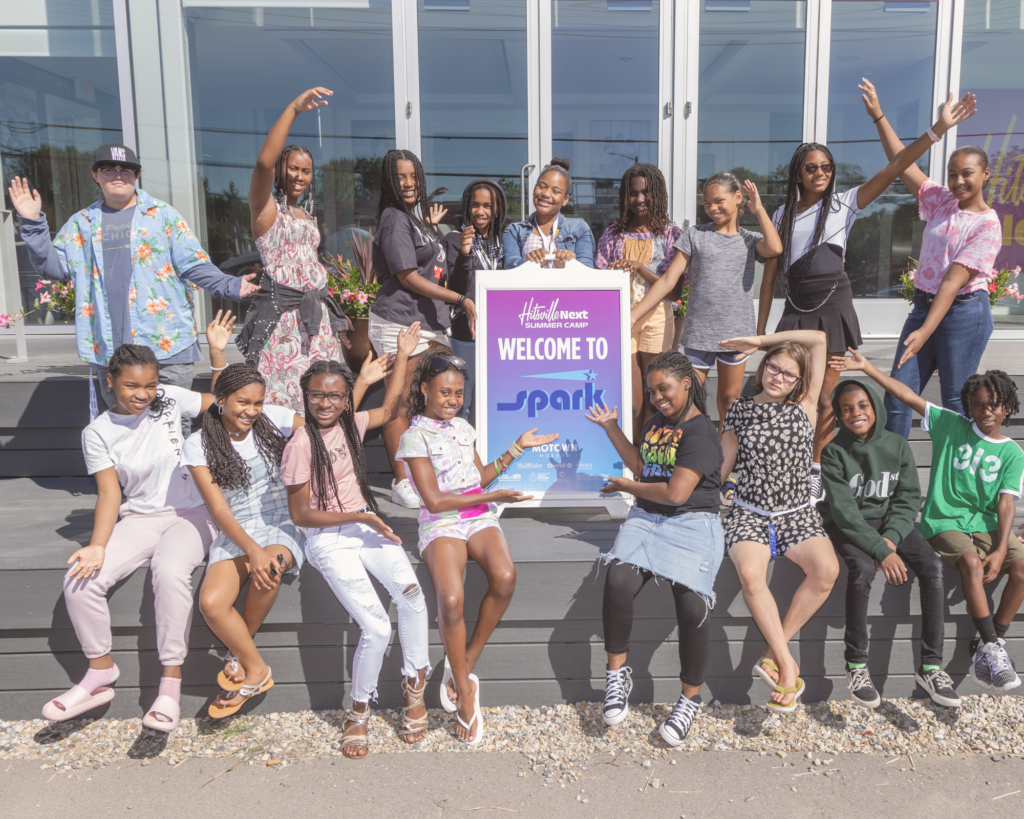The Motown Museum is saddened by the loss of Quincy Jones, a trailblazer in the craft and business of music. Quincy made a name for himself beginning in the 1950s as a trumpet player, bandleader, arranger, and conductor working with artists including Lionel Hampton and Dizzy Gillespie. In the 1960s he became the vice president of Mercury Records, breaking a barrier for African Americans in a corporate world of primarily White record label executives. Simultaneously, songwriter and producer Berry Gordy founded and built Motown Records in Detroit. The winding paths of Quincy and Motown crossed many times throughout the years.

In 1963, Quincy produced the Lesley Gore number one hit “It’s My Party” for Mercury, released one month before Stevie Wonder conquered the charts with “Fingertips” and almost a decade before Lesley Gore was signed to Motown’s MoWest label. In his forward for Nelson George’s book Where Did Our Love Go?, Quincy wrote that “Trying to compete with Motown in the 1960s while I was an A&R executive at Mercury was a study in frustration,” stating that Motown “challenged their competitors, a group that unfortunately included me, until I wisely moved to Los Angeles to score movies to keep up or get lost in that machine’s exhaust fumes.”
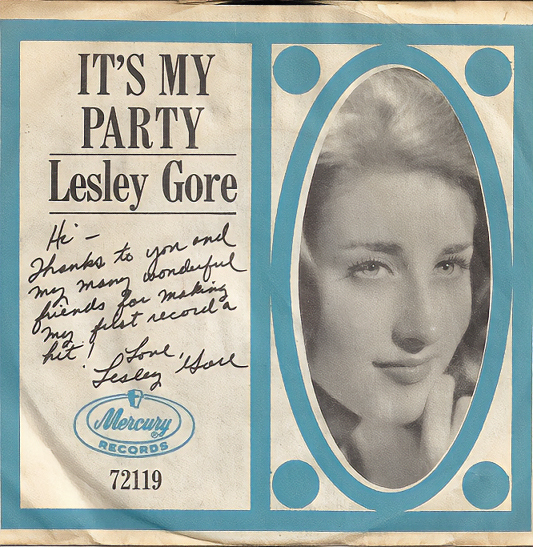
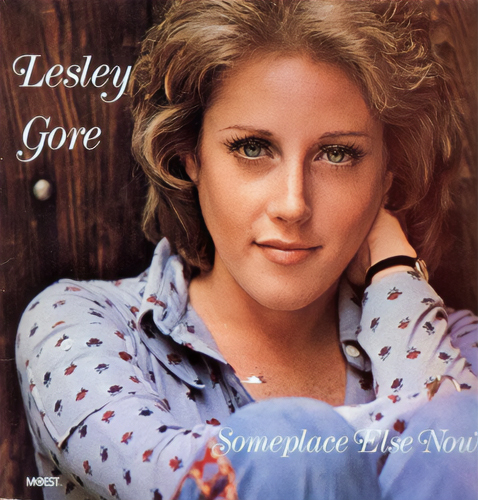
Quincy more than “kept up” with his film score work in the 60s, making a name for himself as an orchestrator and arranger and collaborating with icons including Frank Sinatra, Sarah Vaughn, Ella Fitzgerald, and Billy Eckstine. When Eckstine signed to Motown in the mid 60s, two of Quincy’s compositions were released as singles on the blue and white label sporting the map of Detroit. One of Eckstine’s Motown albums, For the Love of Ivy, was named after a Quincy Jones composition from the film of the same name.



In 1973, the concert film called Save The Children documented a live show in Chicago that was put on as a part of the Reverend Jesse Jackson’s Operation PUSH, an organization dedicated to improving the economic conditions of Black communities in the USA. The film’s soundtrack, recorded live, contained performances from Quincy and artists including the Temptations, Marvin Gaye, Gladys Knight & The Pips, and more. The soundtrack LP, along with a promotional single containing Quincy Jones’ performance with Roberta Flack, was released on Motown.
As Quincy developed his own solo material in the 70s, he often tapped talent that had recorded with Motown including artists Valerie Simpson, Leon Ware, George Bohannon, Rose Banks, Billy Preston and Tata Vega, arranger Paul Riser, guitarists Dennis Coffey and Melvin “Wah Wah Watson” Ragin, percussionist Bobbye Hall, and keyboardist Greg Phillinganes. In 1973, Quincy sang his own version of Stevie Wonder’s “You’ve Got It Bad Girl” on his album of the same name, and Stevie himself appeared on Quincy’s cover of “Superstition.” Stevie also co-wrote the song “Betcha’ Wouldn’t Hurt Me” with Quincy, appearing on Jones’ triple-Grammy-winning album The Dude.
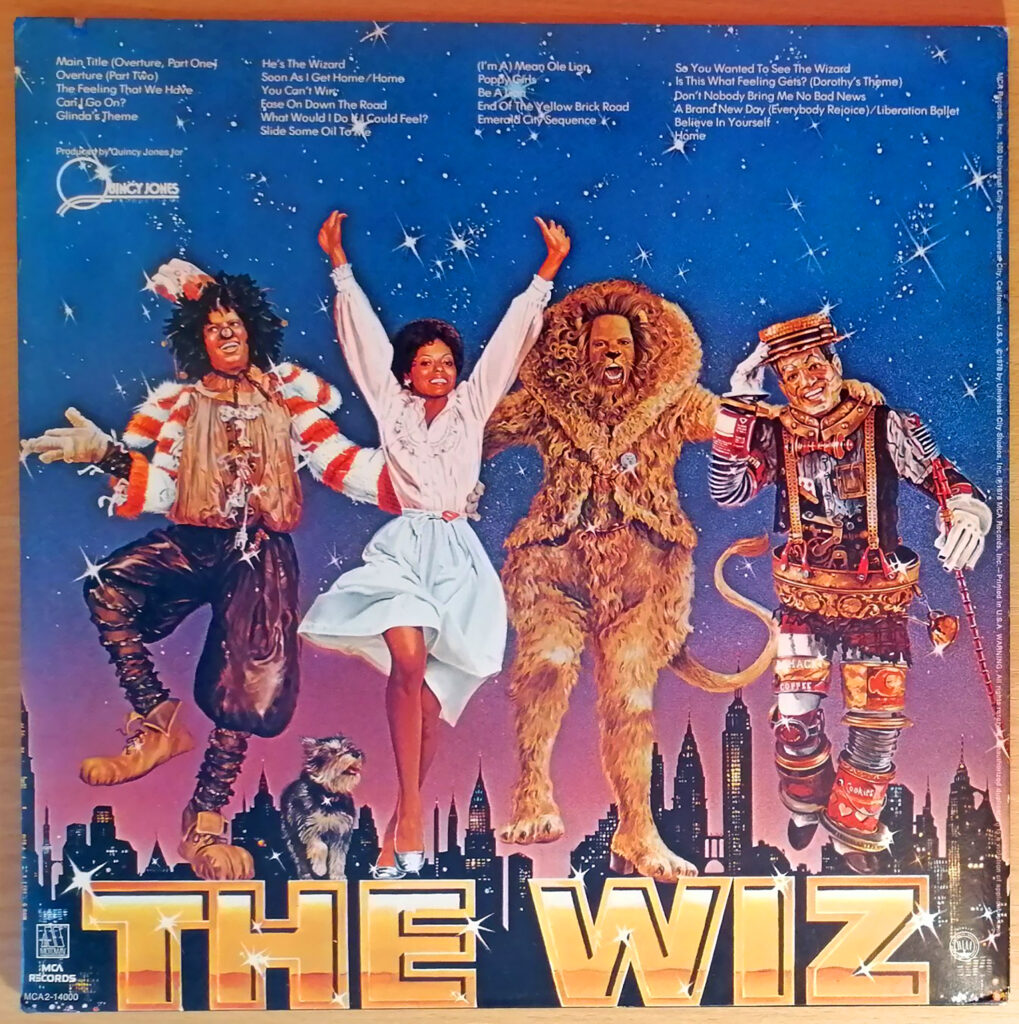
When Motown Productions created the 1978 film adaptation of the Broadway musical The Wiz, Quincy was chosen to be the musical supervisor and music producer. Alongside Nick Ashford and Valerie Simpson, Quincy co-wrote the song “Can I Go On?” performed by Diana Ross. He also appeared onscreen as the Emerald City pianist. The film’s cast included Diana Ross as Dorothy and Michael Jackson as the Scarecrow. During the film’s production, Quincy struck up a connection with Michael, who had started his rise to stardom at Motown with the Jackson 5. This connection resulted in Quincy’s production of the classic run of Michael Jackson’s solo albums including Off the Wall, Thriller, and Bad.
Michael Jackson and Quincy Jones joined forces with Motown artist Lionel Richie in 1985 to create “We Are the World,” a charity single raising money to fight famine in Ethiopia. Among a star-studded list of guest singers, the song featured Motown artists Stevie Wonder, Diana Ross, Smokey Robinson, and members of the Jackson 5 and the Pointer Sisters. The song is the eighth-best-selling single of all time.
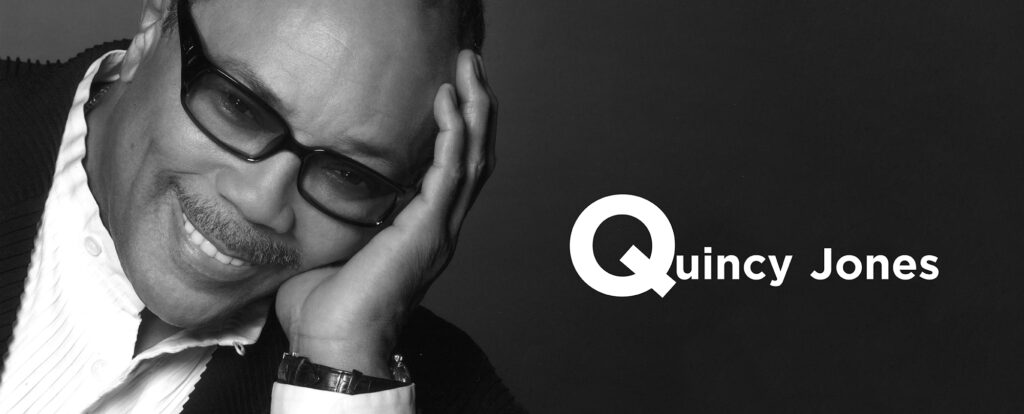
Over the course of his decades in the music industry, Quincy Jones helped to set a template for all of pop music to follow and crafted some of the best-selling recordings ever released. His extraordinary legacy will continue to live on and inspire generations of musical artists and fans.

